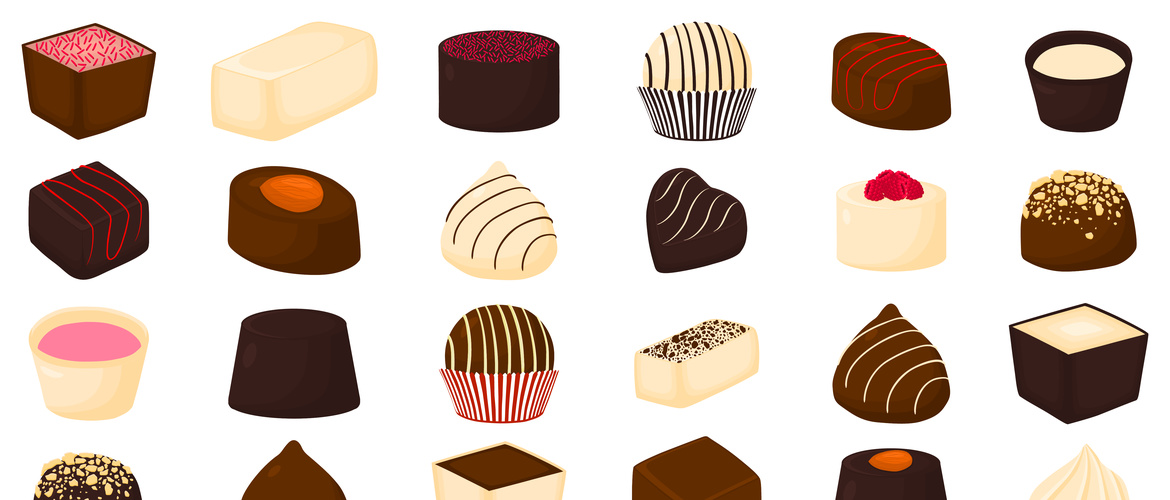
Indulgence in food and alcohol, dehydration, sleep disturbance, and stress associated with festivities -- not to mention midwinter weather – represent a perfect storm for people with a range of migraine triggers. Interestingly, a recent review concludes chocolate may be less important than many think.
Surveys, diaries and data from trials suggest that – along with the menstrual cycle – stress, alcohol, eating certain foods, and disrupted sleep increase the risk of episodic migraine in susceptible people.1
A recent study using a phone app found that the most common triggers present on headache days were stress, fatigue, sleep deprivation, hormonal fluctuations, and change in the weather.2 Headaches with trigger factors were associated with greater pain and headache-related disability. Travel and noise were also implicated as triggers.2
One or more foods is reported as a trigger by around 20% of people who have migraine3
Is chocolate as guilty as alleged?
Chocolate is often accused of precipitating migraine, but a March 2020 review argues that the case is not clear-cut.3 Of 25 studies, 23 found that chocolate was reported as a trigger, but by a proportion of patients that ranged from 1% to 33%.3
Importantly, none of the three provocation studies found that chocolate was significantly more likely than placebo to lead to a migraine. Rather than causation, the association might be due to cravings for sweet food in the premonitory phase, the authors suggest.3
Weather emerges as a major factor
Temperature affects headache
The association with change in temperature may be more robust. Diaries kept by people with migraine suggests temperature can indeed be a trigger.4 Temperature change accounted for 16.5 % of variance in headache incidence in winter and 9.6% in summer. The effect was stronger in people who reported temperature sensitivity.4
Vitamin D, stress and sleep
A 2020 review of 22 studies investigating the association between serum vitamin D levels and headaches found that 18 showed a link, the strongest link being with migraine.5 This makes plausible a connection with reduced sunlight in the northern hemisphere winter.1
One billion people experience migraine, which is a major cause of disability worldwide.6 The triggers vary, but certain factors are widely represented:
- In Brazil, 64% reported that emotional stress was a trigger, while 81% implicated sleep problems.7
- In China, the most common triggers were sleep disturbance, negative affect, sunlight and change of weather.8
- In Iraqi Kurdistan, stress or psychological upset was a trigger for 80% of those with migraine, followed by physical activity (68%), the weather (66%), and fasting (65%).9
Prevention better than cure
Given that we can do little to change the weather, what preventive measures can be suggested?
The American Migraine Foundation mentions the following:10
- Keep track of diet, exercise and sleep: migraine thrives on departures from routine
- Do things associated with reduced likelihood of an episode
- Increase water intake. A humidifier can add moisture to centrally heated homes.
BE-NOTPR-0053, approval date 02/2022
